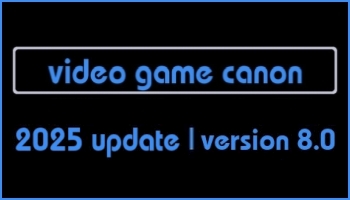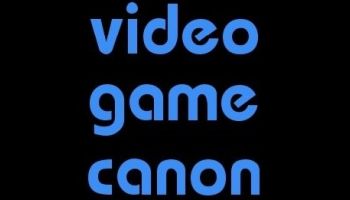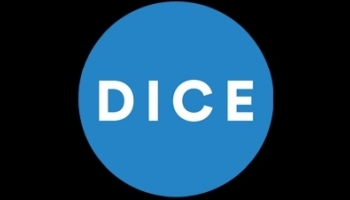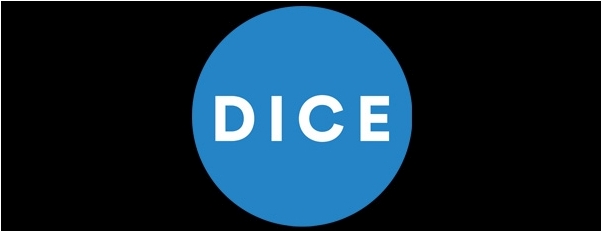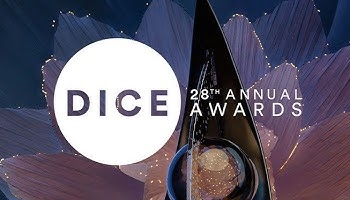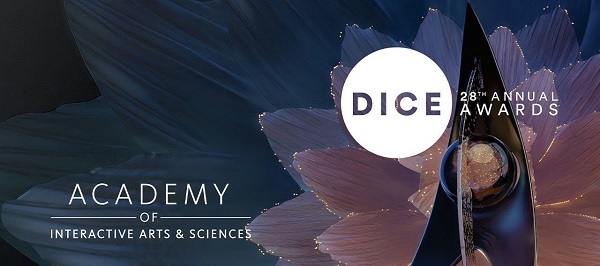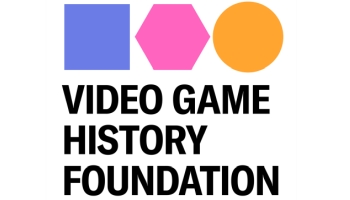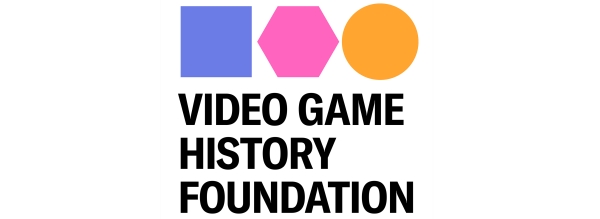
It was a tale of two games last night in San Francisco at the 2024-2025 Game Developers Choice Awards. As they’ve done throughout awards season, Team Asobi’s Astro Bot was competing head-to-head with Localthunk’s Balatro in most categories, including “Game of the Year”.
Astro Bot was victorious at The Game Awards and the DICE Awards, but the little automaton couldn’t go three-for-three as Balatro won “Game of the Year” at this year’s GDC Awards. The poker roguelike also went all in to collect the “Innovation Award”, “Best Design”, and “Best Debut”.
But don’t worry, Team Asobi didn’t go home empty handed last night. Astro Bot was the only other game to win multiple awards as it took home two statuettes for “Best Technology” and “Best Audio”.
The rest of the ceremony spread a handful of awards among some of 2024’s most acclaimed titles including Black Myth: Wukong (“Best Visual Art”), Metaphor: ReFantazio (“Best Narrative”), Life Is Strange: Double Exposure (“Social Impact Award”), and Final Fantasy VII Rebirth (“Audience Award”).
Balatro has reshuffled awards season with the BAFTAs still ahead of us, and it’ll be interesting to see if it and Astro Bot can continue their winning ways in London.
A complete list of all the nominees and winners from the 2024-2025 GDC Awards, as well as a short video montage of the winners, can be found after the break.

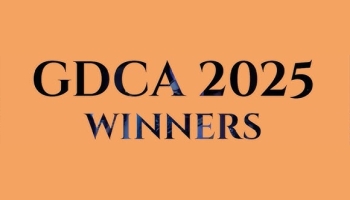


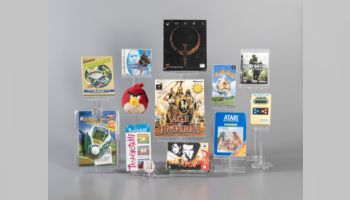
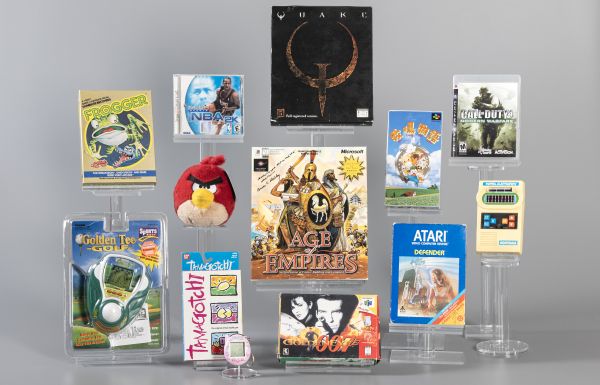
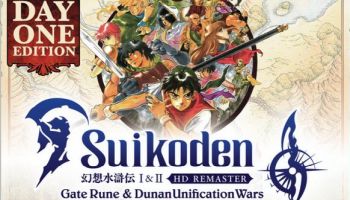
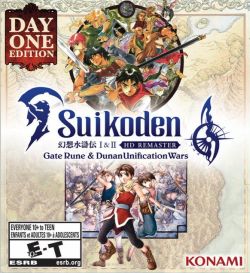 The Suikoden I & II HD Remaster was first announced in 2022, and after three long years of waiting, it is finally available on store shelves. This is the first modern re-release for any of the games in the franchise, and fans are absolutely giddy at the chance to play it again.
The Suikoden I & II HD Remaster was first announced in 2022, and after three long years of waiting, it is finally available on store shelves. This is the first modern re-release for any of the games in the franchise, and fans are absolutely giddy at the chance to play it again.